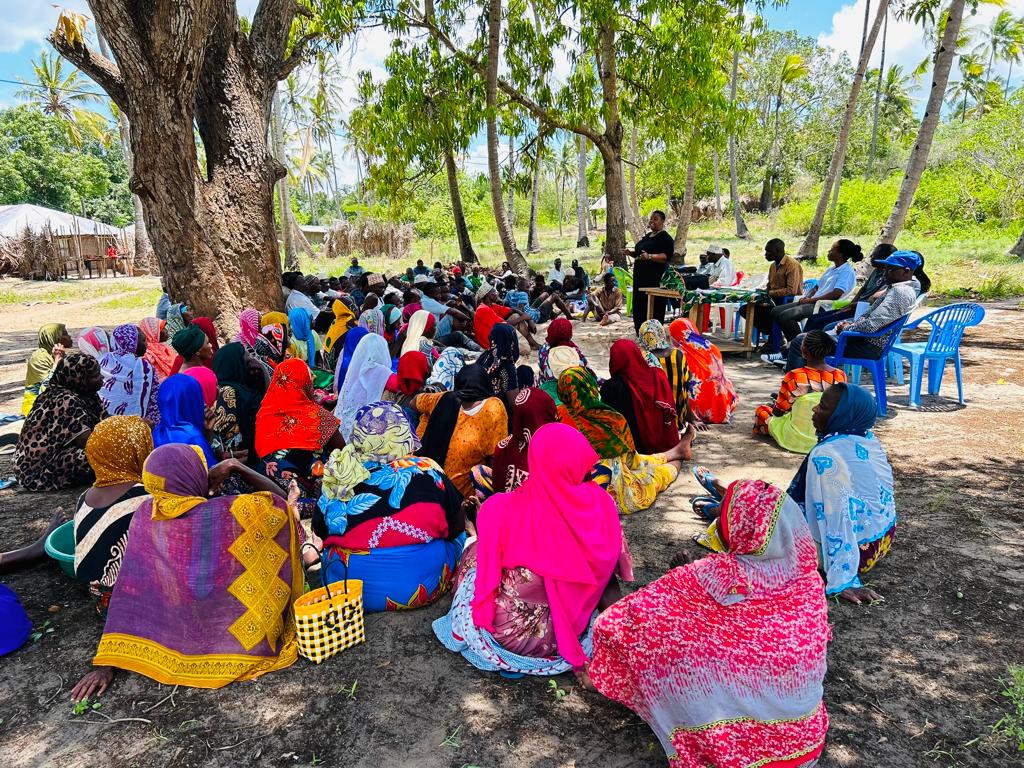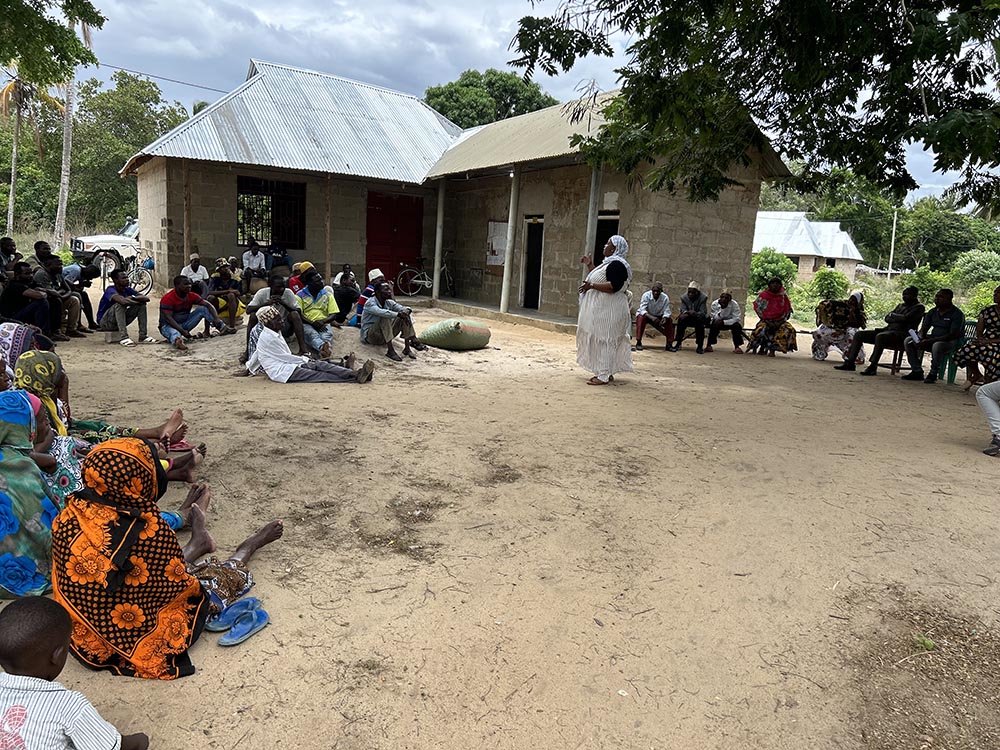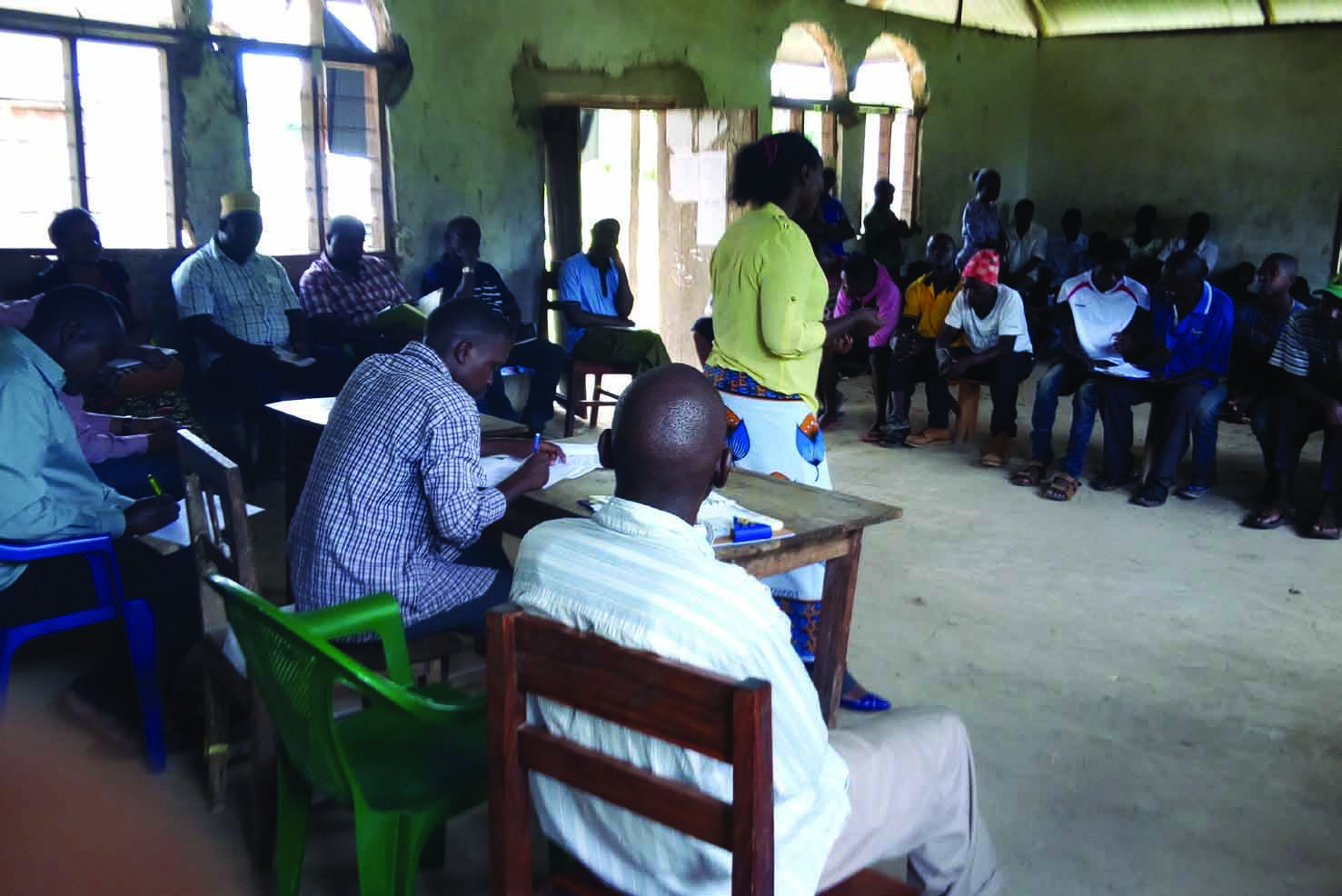Service
Management of Social Risks/Impacts
Service
Management of Social Risks/Impacts
Social capital is crucial for successful operation of a company.
TANSHEQ does:
- Social Due Diligence: During financing project, as per International Finance Corporation (IFC) and/or Equator Principles
- LandAcquisition-Resettlement and Compensation: We offer best practices for land acquisition which might include:
- Resettlement (Action) Plan (RAP);
- Abbreviated Resettlement Plan;
- Resettlement Policy Framework; and
- Process Framework.
- Social ImpactAssessment (SIA): This is a method of analysing what impact a proposed project or plan may have on the social aspects of the environment. We can do it as a stand-alone report or part of an Environmental Impact Assessment (EIA).
- Stakeholder Engagement: For project with significant environmental and social impacts and/or risks, we conduct an ongoing informed consultation and participation process to the affected communities and other stakeholders in a structured and culturally appropriate manner
- Grievance Mechanism: We establish a grievance mechanism designed to receive and facilitate resolution of concerns and grievances about the Project’s environmental and social performance. This can be standalone process or part of a Stakeholder Engagement.




- Managing Indigenous People Issues: Commensurate to Performance Standard 7 of IFC, we can help companies to manage unique environmental and social impacts and risks for indigenous people
- Cultural Heritage Impact Assessment: This aims at protecting cultural heritage from the adverse impacts of project activities and support its preservation and also promote the equitable sharing of benefits from the use of cultural heritage.
- Human Rights Impact Assessment: Guidance and practical tools for conducting, commissioning, reviewing or monitoring human rights impact assessments of business projects and activities.
- Local Content Plan: We prepare local content plan to meet requirements of The Mining (Local Content) Regulations of 2018 and its amendments of 2019 as well as he Petroleum (Local Content) Regulations, 2017
